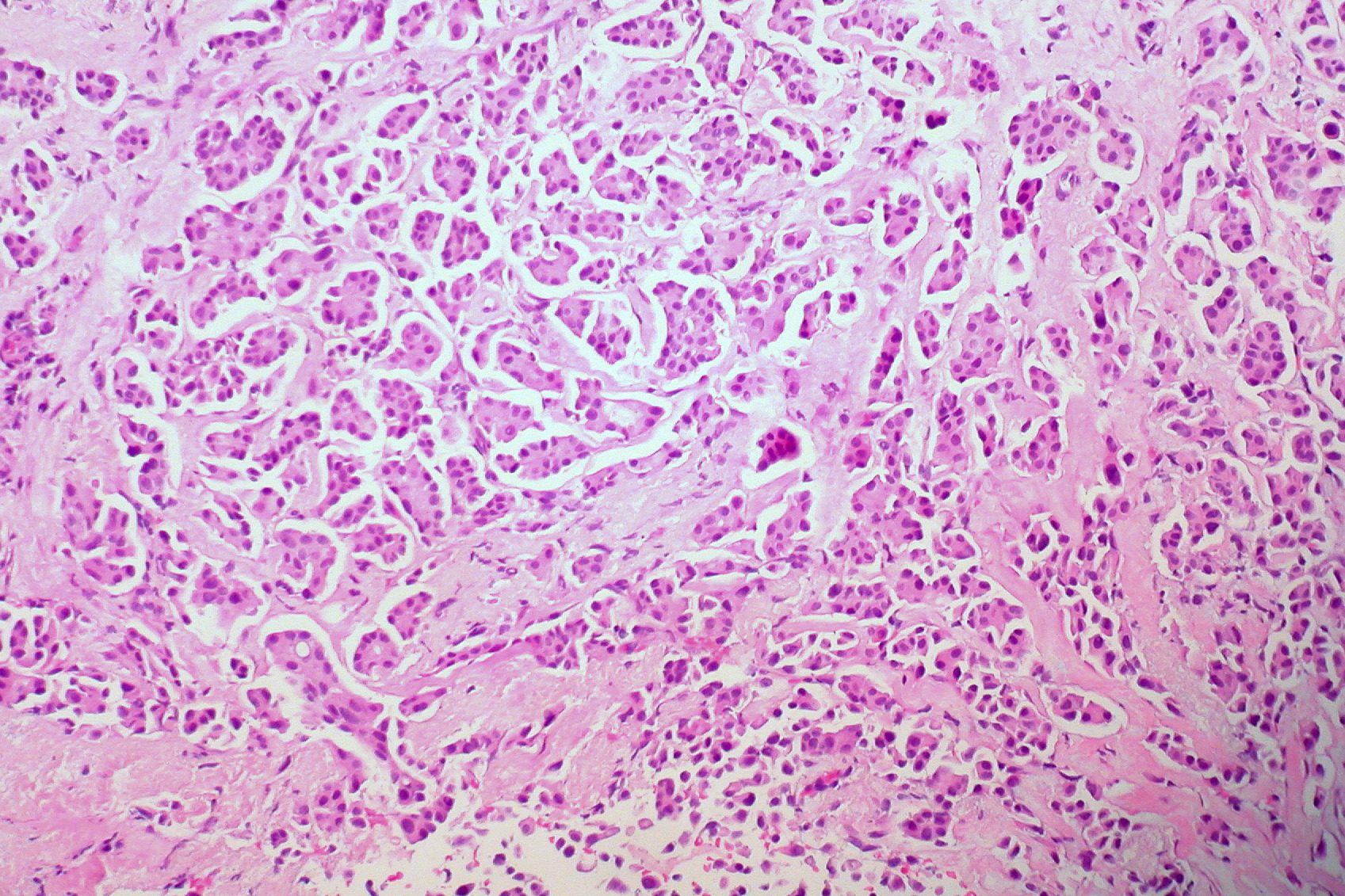Bacteria are diverse microorganisms that have many different impacts on the human race. Some strains can be fatal, while others can be beneficial and help us function properly. Our bodies themselves have a collection of bacteria known as our microbiome, bacteria which live throughout our body and help with our daily functions. Without these microorganisms, we would suffer from a variety of diseases.
New research shows that there may be a link between these bacteria and breast cancer, which could be useful for future detection of breast cancer. Breast cancer is one of the most common cancers and has several causes, including lifestyle choices and family history. In fact, according to breastcancer.org statistics, one in eight women will develop breast cancer in their lifetimes. As a result, it is increasingly important to find better ways to detect breast cancer, leading to greater survival rates.
The study, published by the Cleveland Clinic, found that women who have breast cancer have less methylobacteria in their breast tissue than healthy women who don’t have cancer. This unique difference between healthy breast tissue and cancer tissue may eventually lead to the use of methylobacteria as biomarkers to diagnose breast cancer.
The study also discusses our gut microbiome, which researchers have known for some time is crucial to our digestive health. Now, this new study suggests that our microbiome may not only exist in our digestive tract, but also in our breast tissue.
Image source: Visuals Unlimited, Inc./Anne Weston/Cancer Research UK
The study took two groups of women, 57 who had a mastectomy, or surgical removal of a breast, and 21 who had a cosmetic breast procedure, and looked at their urine and oral rinse for the types of bacteria found in their microbiomes. The results showed that women with cancer had higher levels of bacteria that were gram positive. Gram-positive bacteria, as opposed to gram-negative bacteria, are bacteria that have don’t have an extra outer membrane and thus can be easy targets for antibiotics. This finding shows that with more research, it can possible to develop antibiotics to treat breast cancer.
The researchers hope that with further development, microbiome analysis will better help detect breast cancer, and in the future, they hope to possibly even use bacterial supplements such as probiotics to prevent cancer because it seems that those with cancer have unique bacterial imbalances compared to those without cancer.
Featured Image Source: Invasive Micropapillary Carcinoma of the Breast running by Ed Uthman










